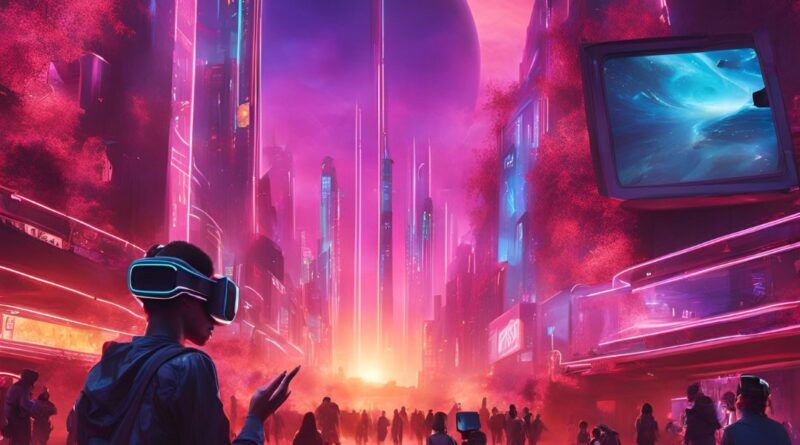AI in Film: Revolutionizing Cinema
Artificial Intelligence (AI) has been making significant strides in the film industry, transforming how movies are conceptualized, created, and experienced. From scriptwriting to post-production, AI is not just a tool but a collaborator that’s reshaping cinematic art.
Scriptwriting and Story Development
AI as a Co-Writer: Tools like ScriptBook or AI-driven platforms like StoryFit analyze successful scripts to identify patterns and structures that resonate with audiences. These programs can suggest plot twists, character developments, or even entire scenes, helping writers to craft compelling narratives.
Predictive Analytics: AI can predict box office performance by analyzing scripts for elements that historically correlate with success, thus guiding production decisions.
Pre-Production and Production
Casting: AI can assist in casting by matching actors with roles based on their previous performances, voice, and physical attributes, potentially leading to more nuanced character portrayals.
Visual Concepting: AI-generated art has begun influencing storyboarding. For instance, AI can generate multiple visual concepts quickly, allowing directors to explore a broader range of aesthetic possibilities before committing to a final look.
Post-Production
Special Effects and CGI: AI algorithms are pivotal in creating more realistic visual effects. They can simulate complex physical phenomena or enhance facial animations to an unprecedented level of detail. Disney’s “The Lion King” reboot used AI to animate animals with human-like expressions, blurring the line between animation and live-action.
Editing: AI can now edit films by suggesting cuts based on viewer reactions, pacing, or even the emotional tone of scenes. Adobe Premiere Pro’s integration with Sensei AI helps automate parts of the editing process, like color correction or scene transitions.
Audience Interaction and Experience
Personalized Content: AI can tailor film content or trailers to individual viewer preferences, potentially increasing engagement. Netflix’s recommendation algorithms are a prime example, but this could extend to altering movie endings or scenes based on viewer feedback in interactive films.
Deepfakes and Ethical Considerations: While AI allows for incredible creative freedom, it also introduces ethical dilemmas. Deepfake technology can make actors appear in films they never participated in, raising concerns about consent, copyright, and performance integrity.
Challenges and Future Directions
Creative Authenticity: There’s a debate about whether AI can truly replicate or enhance human creativity or if it merely remixes existing content. Can an AI understand the nuanced emotional depth of human storytelling?
Job Displacement: Automation in film could reduce roles for human technicians, necessitating a shift in job skills or the creation of new roles focused on managing AI systems.
Regulation and Ethics: As AI’s role grows, so does the need for regulation to protect artists’ rights and ensure ethical use of technology, particularly with deepfakes. AI in film is not just about efficiency or special effects; it’s about expanding the boundaries of what cinema can be. While it offers tools to enrich storytelling, it also poses new questions about creativity, ethics, and the human element in art. As AI becomes more integrated into filmmaking, the industry will need to adapt, ensuring that technology serves to enhance rather than overshadow the essence of cinema. The future of film with AI might just be as exciting as the movies it helps create.

